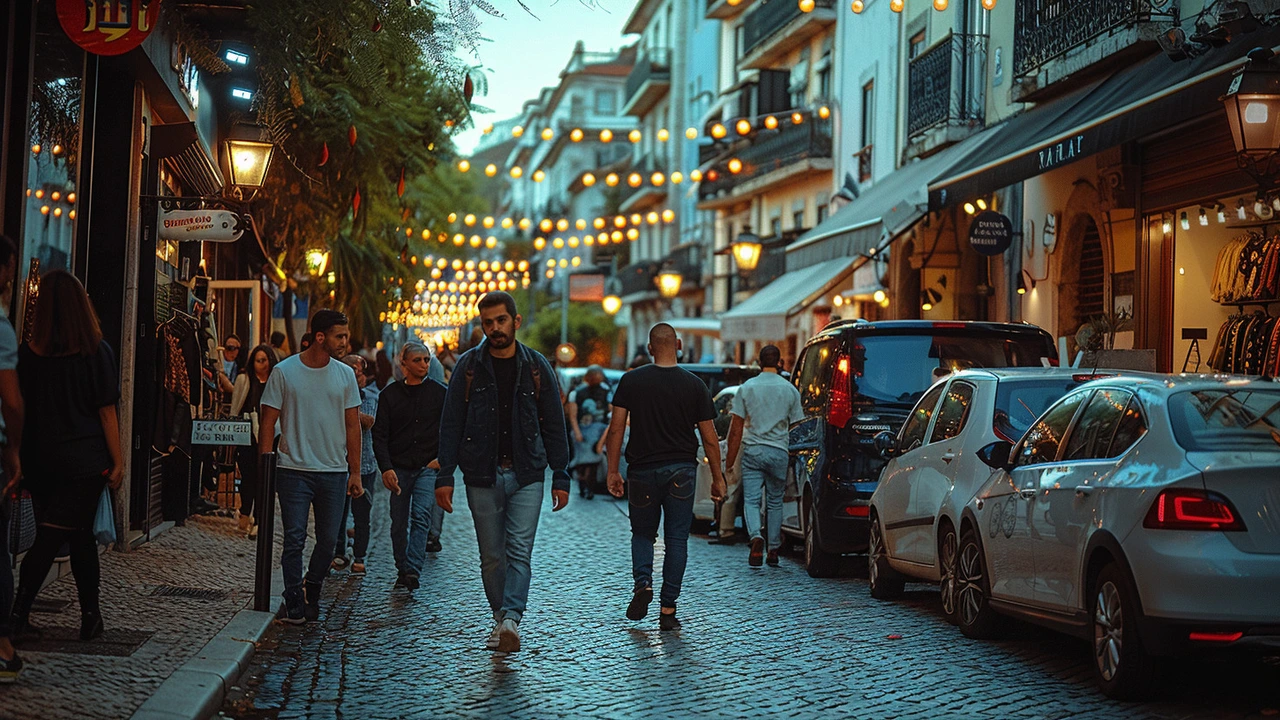Undocumented migrants: what to know and what to do now
Living without official papers is stressful and risky, but there are clear steps you can take to protect yourself and your family. This page gives simple, practical advice on immediate safety, legal options, and where to find trusted help across Africa and nearby regions.
Know your immediate rights
If officials stop or question you, stay calm and polite. You don’t have to sign anything you don’t understand. Ask for a translator if you don’t speak the language. If you’re detained, request to contact a lawyer or a trusted organisation right away. Children should always have access to a guardian and medical care.
Access to emergency healthcare is often available even if you lack papers. Look for local clinics, faith-based centres, or NGOs offering free or low-cost care. Keep copies or photos of any health records you can, and store them safely with a trusted person.
Steps to get help and documents
Start by collecting what you do have: ID from your home country, birth certificates, school records, medical records, and any proof of residence or employment. Even small things—letters, old receipts, family photos—can help legal partners verify your identity.
Contact organisations that work with migrants. The International Organization for Migration (IOM), UNHCR and local legal aid groups can advise on asylum claims, temporary permits, or family reunification. Search for "legal aid migrants" plus your city name to find local clinics and pro bono lawyers.
If you’re thinking about applying for asylum, know the basics: asylum requires proving you face persecution in your home country for reasons like race, religion, nationality, political opinion or membership in a particular social group. Keep notes about why you left and any threats or incidents you faced—dates, places, names if you know them.
Never pay smugglers or strangers promising quick papers. Scams and exploitation are common. If someone offers to arrange documents, ask for references and check reviews or community feedback. When in doubt, get a second opinion from a recognised NGO or lawyer.
Work and housing are tough without papers. Look for community-run job-placement groups, worker cooperatives, or day-labour hubs that operate informally but safely. Avoid employers who refuse to provide written contracts or who demand upfront fees. Share any job terms with a legal adviser when possible.
Keep emergency contacts handy: a local NGO, a sympathetic embassy or consulate from your home country, and a lawyer’s number. Use encrypted apps if you fear surveillance. Back up important documents in cloud storage that only you can access.
Quick checklist to act now: make digital copies of all documents, find one legal contact, register with a trusted NGO, get basic medical checks, and write a short timeline explaining why you left home. Take these steps one at a time—small moves can make a big difference.
Need more specific help? Search for local migrant support groups, contact IOM or UNHCR offices in your country, or visit community centres where people share referrals. You don’t have to handle this alone—there are real organisations ready to help you navigate the next steps.
